The Lebanese army should be treated as a hostile entity, its camouflage should be stripped away, and the American administration should be supplied with conclusive evidence of the multi-faceted cooperation between it and Hezbollah.
Despite the many signs of growing cooperation between the Lebanese Armed Forces (LAF) and Hezbollah, the US continues to support the former and provide with a variety of assistance. This article reviews the extent of the American support and the cooperation between the Lebanese army and Hezbollah, a satellite of Iran that acts against American interests.
American policy in Lebanon aims to strengthen the Lebanese army as Lebanon’s sole shield and as an active partner in the struggle led by the US against ISIS. Washington also intends to strengthen the Lebanese army so that it will be capable of enforcing UN Security Council Resolutions 1559 and 1701, which are designed to disarm Hezbollah and make the Lebanese army the sole military force in Lebanon.
As part of this effort, the Trump administration is continuing the policy of the Obama and Bush administrations, which supplied the Lebanese army with $1 billion in aid in 2005-2015. The Trump administration gave the Lebanese army $100 million worth of aid in August 2017, including Hummers, armored vehicles, ammunition, communications equipment, etc. In December 2017, Washington announced that it would supply the Lebanese army with attack helicopters for the first time, in addition to UAVs and night vision equipment. In May 2018, the Pentagon approved the transfer of $90 million in military aid.
The American army also provides the Lebanese army with military training, among other things through American special forces stationed in Lebanon, and trains Lebanese army pilots in the US to carry out attack missions.
While the US is aiding the Lebanese army, the latter is collaborating with Hezbollah and enabling it to go ahead with its project for converting its missiles into precision missiles. Western intelligence sources revealed in October, July, and August 2018 that the Islamic Revolutionary Guard Corps had smuggled weapons and advanced systems, including GPS installed on missiles and rockets in order to hit targets with more precision. The weapons and equipment were delivered on flights carried out by Iranian civilian airline Qeshm Air, known for its ties to the IRGC Quds forces, to Beirut International Airport, controlled by the Lebanese army.
In recent months, a reform of Beirut International Airport was reported in Lebanon and Iran. Under this reform, Iranian visitors will no longer have to have their passports stamped when entering Lebanon. As Shi’ite Lebanese opponents of Hezbollah have warned, the reform enables the Islamic Revolutionary Guard Corps to deepen their subversion in Syria and Lebanon and fly Iranian forces and members of Shi’ite militias to the battlefront in Syria via Beirut without leaving any trace. Following criticism in Lebanon, the Lebanese General Security completely denied any reform in the airport entry system. Yet, the Lebanese Ambassador to Iran explained to the Lebanese media that the entry of Iranian visitors was documented on a separate document, and the new measure was aimed at encouraging Iranian tourism in Lebanon and serving Iranian civilians wanting to visit the US later. He said that a similar measure had been adopted for Palestinians carrying Palestinian Authority passports, because these had been stamped with Israeli stamps.
As an important law enforcement agency in Lebanon, the Lebanese army is one of the security agencies (together with several others) responsible for security at Beirut International Airport, and it is therefore very likely that the activity of the Islamic Revolutionary Guard Corps and Hezbollah at the airport in Beirut is taking place with a blind eye being turned by, and tacit approval from, the Lebanese army. Actually, it appears that Hezbollah’s control of the airport in Beirut, a strategy facility as the main air entry gate into Lebanon, has been an open secret in Lebanon for years. Already in the Second Lebanon War in 2006, the Israeli air force attacked Beirut Airport because Hezbollah was using it to smuggle weapons from Iran. One of the reasons for the bloody riots that broke out in Lebanon in 2008 was the attempt by the March 14 alliance, which opposed Hezbollah, to dismiss Beirut Airport security chief Wafiq Shoukeir. Shoukeir, an associate of Hezbollah, allowed the organization complete freedom of action at the airport. In 2013, member of the March 14 alliance again warned that the airport “was occupied by Hezbollah and Iran.” Lebanese Member of Parliament Nadim Gemayel, a member of the Kataeb Party, which is opposed to Hezbollah, also complained in August 2018 that the authorities in Lebanon were abandoning their authority at Beirut Airport and transferring control of it to Hezbollah.
Another aspect of cooperation between the Lebanese army and Hezbollah is in the operational sphere. As the IDF revealed in September 2018, Hezbollah and the Lebanese army are operating together in South Lebanon. Hezbollah operatives sometimes wear Lebanese army uniforms. This cooperation includes patrols in shared patrol vehicles. The Lebanese army never enters a village in South Lebanon without permission from Hezbollah. The Lebanese army is therefore a partner in the violation of UN Security Council Resolution 1701, which bars Hezbollah from putting forces south of the Litani River and gives the Lebanese army the exclusive right to keep military forces in South Lebanon. The Lebanese army also allowed Hezbollah to deploy a network of observation towers in South Lebanon camouflaged as the Green Without Borders environmental organization, as revealed in 2017 and again in October 2018. This cooperation reinforces past concern that the Hezbollah was using the observation towers maintained by the Lebanese army close to the border with Israel for intelligence purposes.
The Lebanese army also allows Shi’ite militias supported by Quds forces to maintain a presence in Lebanan, including on the border with Israel. In December 2017, Qais al-Khazali, commander of the Asa’ib Ahl al-Haq pro-Iranian Shi’ite militia, visited the Lebanon-Israel border and stated his wish to take part in the next war against Israel at Hezbollah’s side. Following this visit, Saad Hariri had reportedly demanded that leading Iraqi Ayatollah Ali al-Sistani and Iraqi Prime Minister Haider al-Abadi prevent members of Iraqi militias from traveling to Lebanon. It nevertheless appears that the visits to Lebanon by Akram al-Kaabi, commander of al-Nujaba, a pro-Iranian Iraqi militia, in February and October 2018 prove that Hariri’s demand is being ignored.
In February 2018, parties in UNIFIL warned that the Lebanese army was preventing UNIFIL from performing its supervisory work in South Lebanon. Nevertheless, Lebanese Prime Minister Saad al-Hariri recently declared that Lebanon was completely committed to Resolution 1701. Hariri’s statement was part of the security coverage that the government, as the executive branch in Lebanon, is providing for Hezbollah.
Another dimension of the operational cooperation between the Lebanese army and Hezbollah was recently revealed by Hezbollah when it admitted that its operatives had carried out joint operations with the Lebanese army in the course of action to purify South Lebanon from pockets of ISIS and Jabhat al-Nusra in August 2017, although the Lebanese army had denied it at the time. According to the IDF, Lebanese army tanks fought side-by-side with Hezbollah tanks in battles in Arsal. Additional evidence of cooperation in Arsal is Nasrallah’s description of the Lebanese army as a “partner” and “a pillar in the golden equation of army, people, and resistance.” Hezbollah operatives displayed placards praising Lebanese army soldiers killed in the joint operation. This partnership apparently provided the background for Israel Minister of Defense Avigdor Liberman’s statement in October 2017 that the Lebanese army had become an integral part of Hezbollah.
Hezbollah is striving to increase its influence within the army through its operatives whom it is placing in Lebanese army rank. Israel revealed that a Lebanese army major, Yahya Husseini, a commander in South Lebanon, was a Hezbollah operative serving as its liaison officer with the Lebanese army. The Lebanese army rejected an Israeli demand made through UNIFIL for the removal of the Hezbollah operative from its ranks. Already in 2007, intelligence sources in Israel estimated that 40% of the soldiers in the Lebanese army were Shi’ites who identified with Hezbollah, among other things because of family ties. In 2011, the IDF warned of a major change in the Lebanese army’s senior command, with Shi’ites making up 40% of it. It is therefore very likely that Yahya Husseini is not the only Hezbollah operative planted in an influential role in the Lebanese army.
The Lebanese army has already proven that its weapons can be deadly and cause losses to Israel, as happened in the exchanges of fire between the IDF and the Lebanese army in 2010, in which an IDF reserve battalion commander was killed. Furthermore, the Lebanese army is publicly signaling its intention of taking part in the next war against Israel. In August 2018, the Lebanese army commander announced that his policy regarded Israel as an enemy country, and declared the Lebanese army’s intention of participating in a future war against Israel.
According to Israel, additional possible cooperation between the Lebanese army and Hezbollah includes a transfer of weaponry. According to a claim by Israel, rejected by the Obama administration, APCs displayed by Hezbollah in a military parade in Al–Qusayr in 2016 were given to Hezbollah by the Lebanese army after it received them from the US.
In view of the growing cooperation between the Lebanese army and Hezbollah, directed against not only ISIS and Al Qaeda groups, but also against Israel, continued US support for the Lebanese army on the current format jeopardizes American interests, because its strengthens Hezbollah and Iran and aimed against Israel, a strategic partner of the US.
The synergy between the Lebanese army and Hezbollah is taking place in the framework of Hezollah’s control of the political arena in Lebanon and the submission of its coalition partners in the Lebanese government, in which it is a senior partner. It therefore appears that the US should make it clear to the Lebanese government that it is demanding the termination of cooperation and rapprochement between the Lebanese army and Hezbollah. For this purpose, the US can use the sanctions weapon against any group in Lebanese army breaching the current American policy of tightening sanctions against Hezbollah. The Trump administration will thereby pose conditions for continuing the military, logistical, and financial support that it is providing to the Lebanese army. Failure to fulfill the American demand should lead to a halt in American aid to the Lebanese army.
The American threat to end aid to the Lebanese army will not necessarily lead the Lebanese government to accept the Iranian offer made in recent years to arm the Lebanese army. Lebanese acceptance of the Iranian offer will mean the complete collapse of the neutral policy that Lebanese Prime Minister Saad al-Hariri wants to conduct, which does not align Lebanon with Iran. Loss of neutrality will arouse American anger against Lebanon, and possibly also anger other Western countries, such as France, which has interests and influence in Lebanon. It will also give Israel grounds for acting freely against its neighbor’s institutions and army.
It appears that no Israeli decision on how to act towards the Lebanese army has been taken yet. The IDF currently holds coordination meetings with the Lebanese army, mediated by UNIFIL, in order to maintain tranquility on the northern border. Despite statements by the Israeli government and IDF sources that the Lebanese army will be attacked in the next war due to its identification with Hezbollah, voices are also being heard in the IDF command saying that this army should be the sole sovereign force in Lebanon after a war in which Hezbollah is defeated.
Given that Israel is unlikely to completely destroy and disarm Hezbollah, it would be best to regard the Lebanese army as a hostile player, strip away its camouflage, and provide the American administration with conclusive evidence of the multi-faceted cooperation between it and Hezbollah. This policy will enable Israel to act against the Lebanese army in the next war (in contrast to the Second Lebanon War), obtain American authorization for this, and encourage the Trump administration to adopt a tougher policy toward it.
JISS Policy Papers are published through the generosity of the Greg Rosshandler Family.
photo: Bigstock

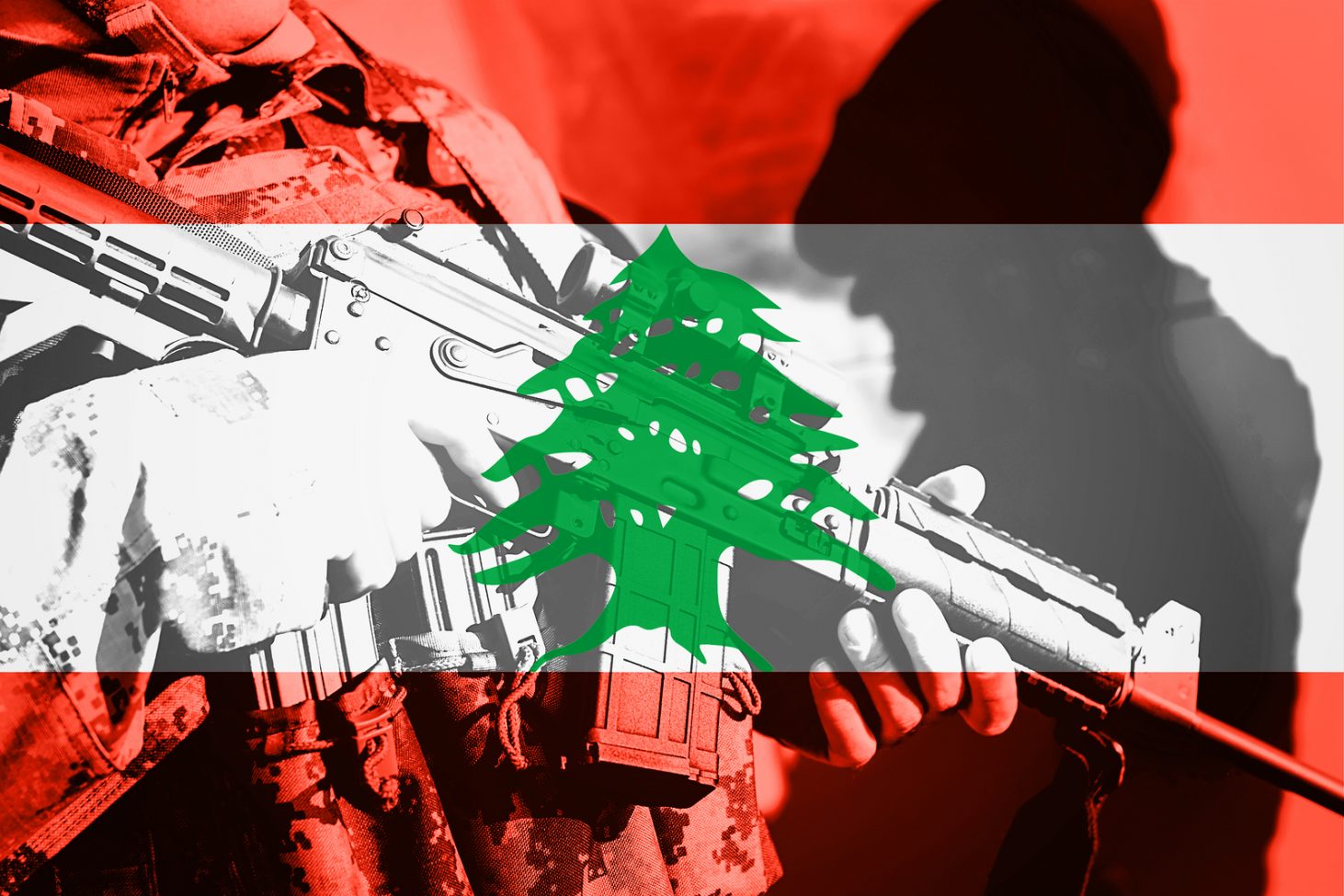
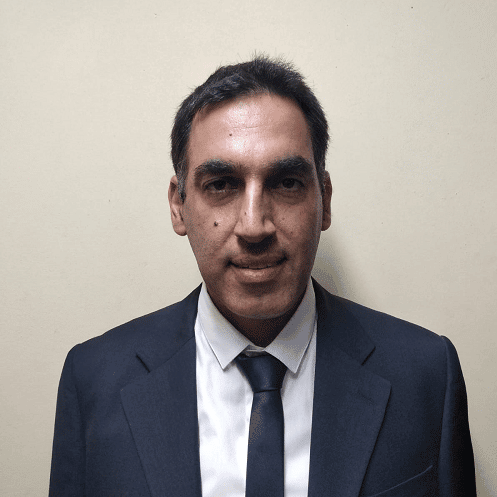
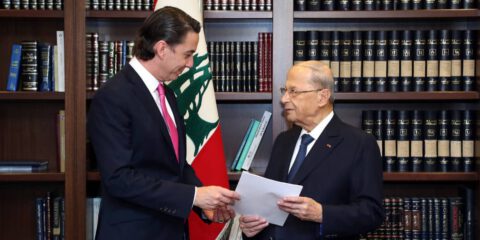

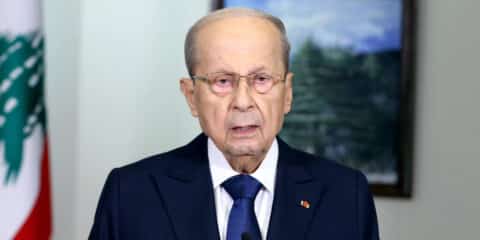

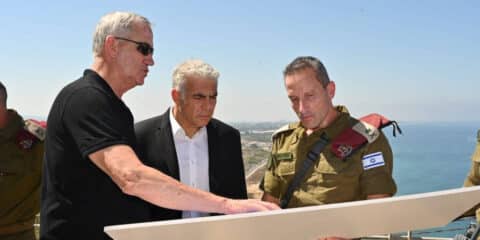

 - בניית אתרים
- בניית אתרים